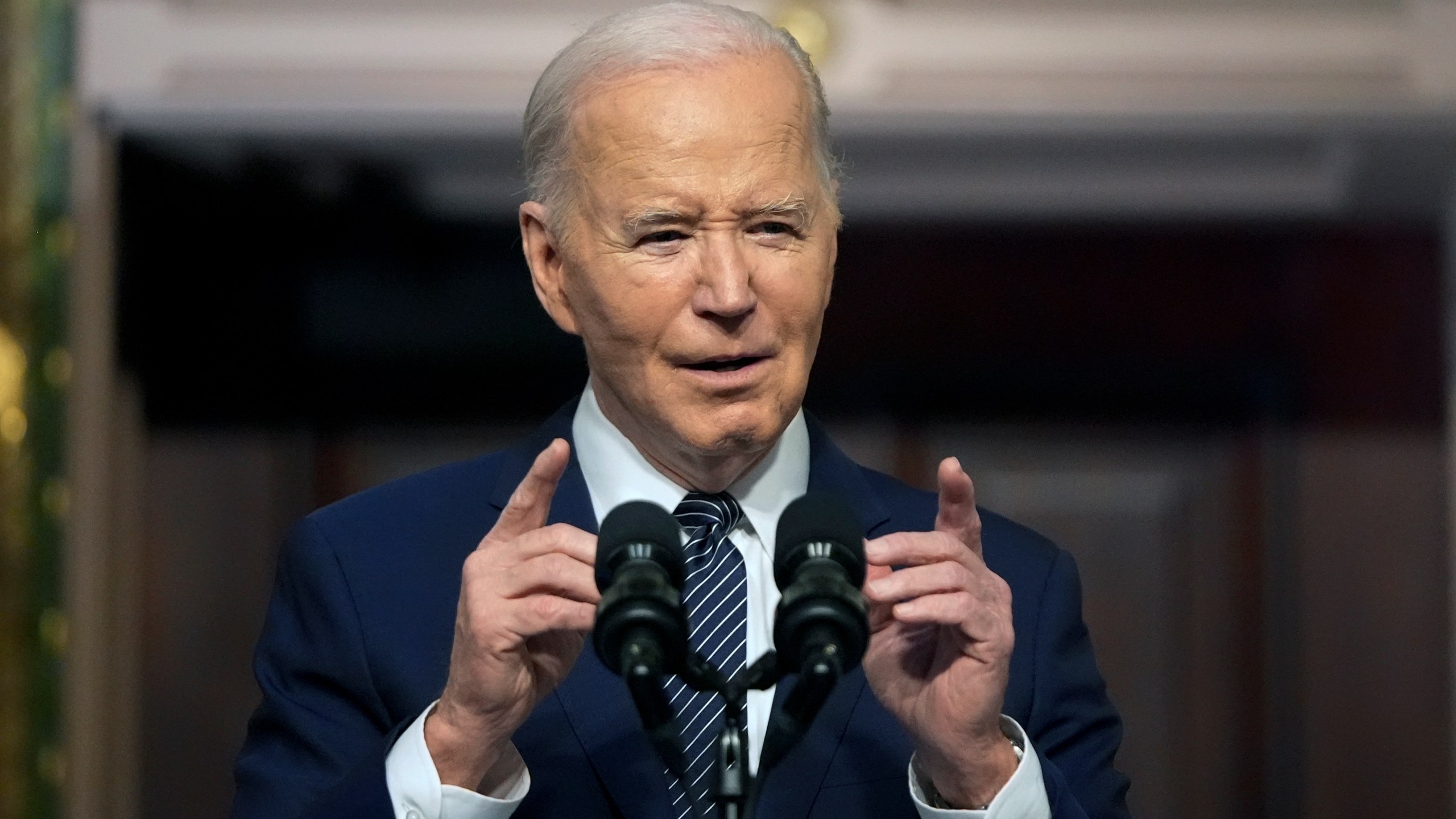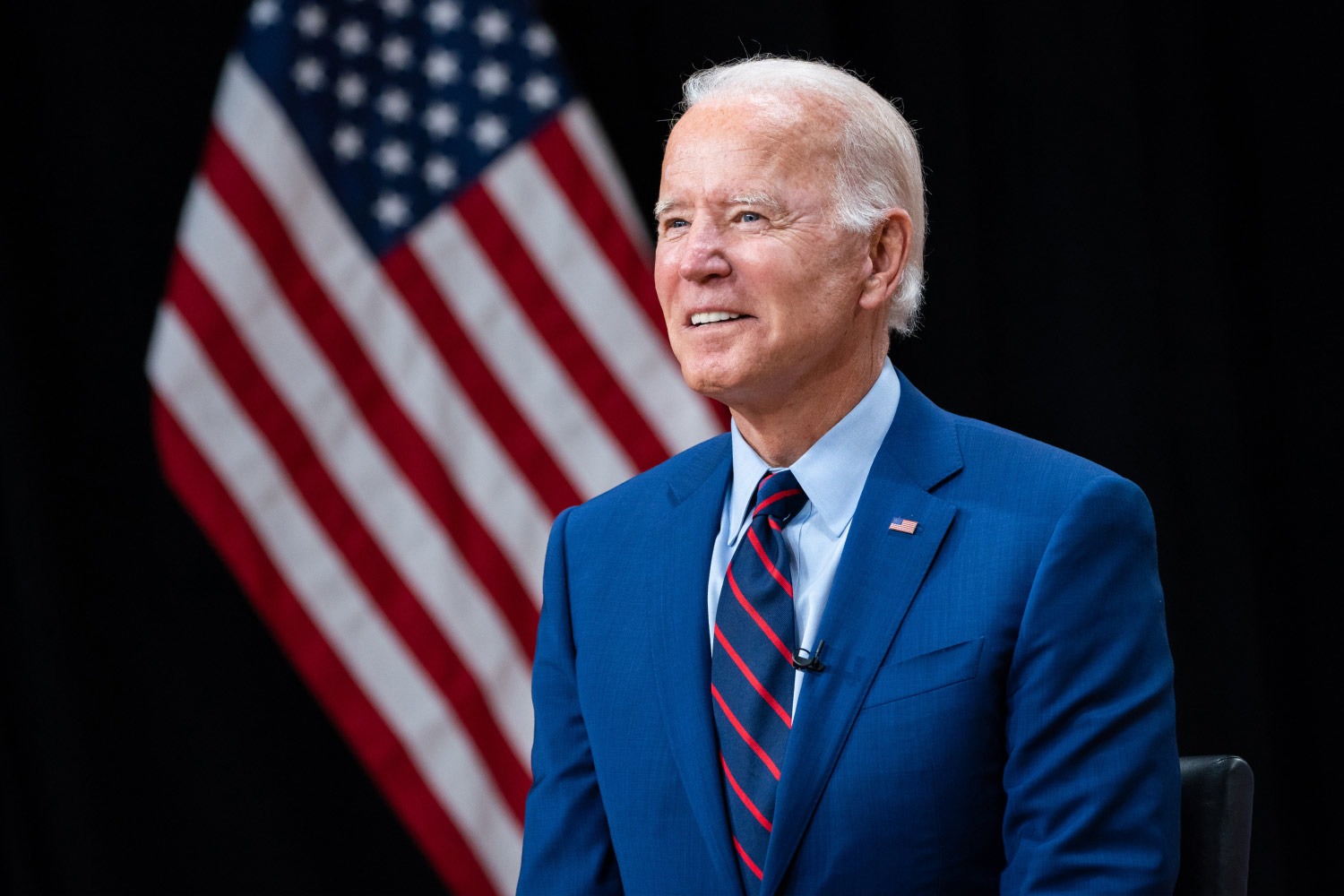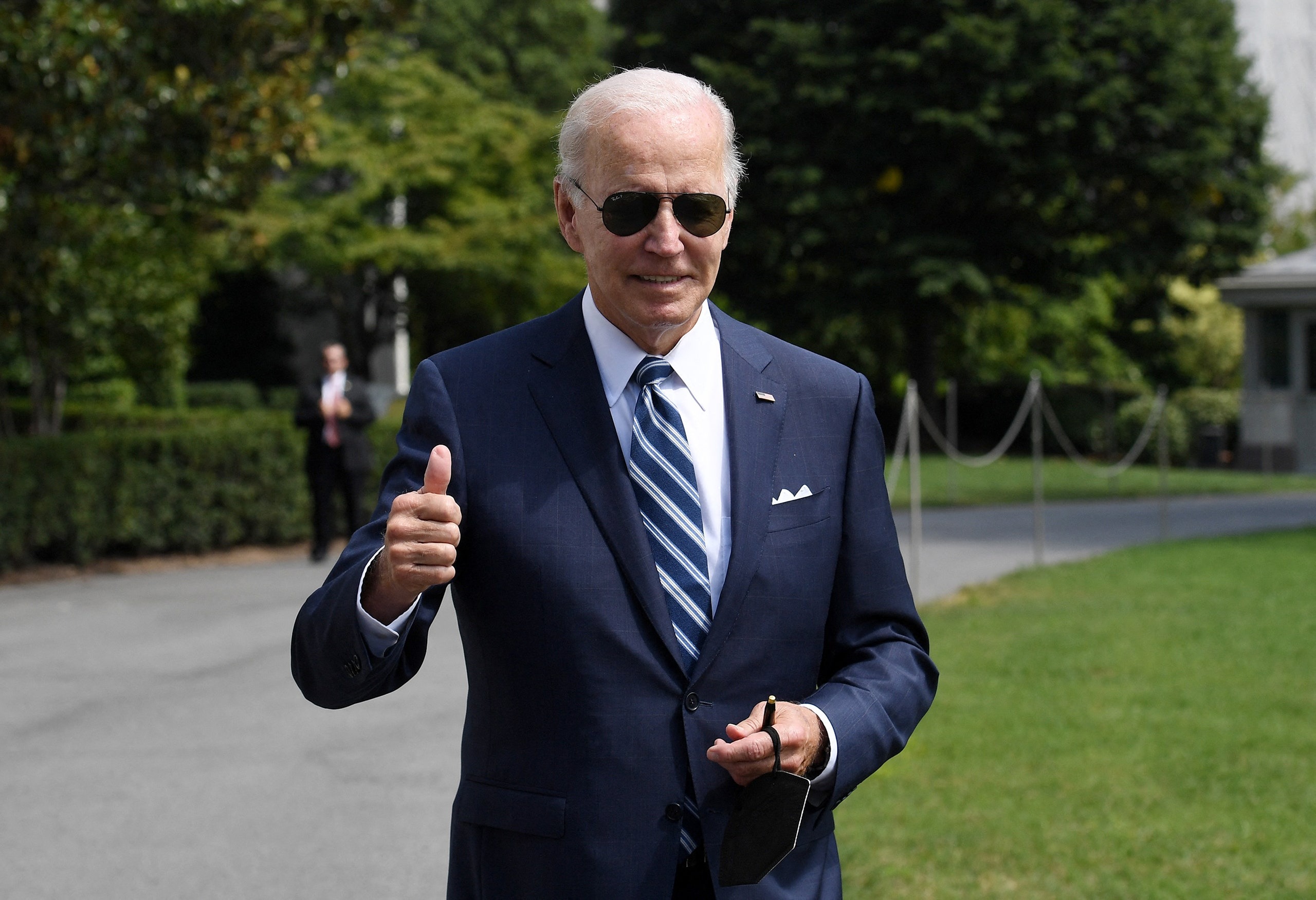President Biden’s efforts to forgive student loan debt using federal statutes before the election face serious legal and political hurdles. Initially, Biden attempted to leverage the 2003 HEROES Act to forgive $430 billion in student debt, arguing that the COVID-19 pandemic constituted a “national emergency.”
However, this move was struck down by the Supreme Court in Biden v. Nebraska. The Court invoked the “Major Questions Doctrine,” which requires clear congressional authorization for decisions of serious economic or political importance, to reject the administration’s broad interpretation of the Act.

President Joe Biden (Credits: WROC TV)
The administration’s persistence in seeking paths to debt forgiveness without explicit congressional approval is evident in its latest strategy to use the Higher Education Act of 1965. Unlike the HEROES Act, the Higher Education Act provides broader executive powers, yet it remains ambiguous whether it allows for mass debt forgiveness.
The Biden administration’s choice to initially bypass this Act in favor of the HEROES Act raises questions about the legal robustness of their strategies. The Supreme Court is likely to review this new attempt under the Major Questions Doctrine again, given the historical pattern of the courts requiring explicit congressional mandate for such important actions.

President Joe Biden (Credits: The White House)
The repeated attempts at debt forgiveness without clear legislative backing could be seen as an electoral strategy rather than a firmly grounded policy initiative, particularly in light of failures to pass relevant legislation despite considerable discussion in Congress.
This ongoing saga highlights the problems of administrative governance in the U.S., where the separation of powers and the need for explicit legislative backing make unilateral executive actions challenging, especially on issues that carry major fiscal implications and widespread public interest.























